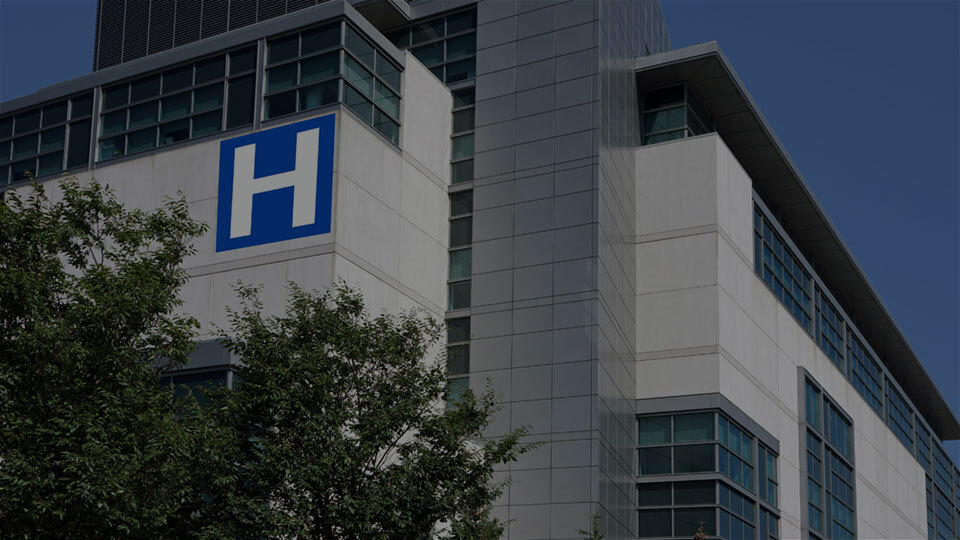It’s Time to Make the Medical Billing System More Efficient


One of the top challenges facing the healthcare industry and the revenue cycle is the medical billing system. The medical billing system encounters many obstacles due to the changes that occurred (and continue to occur) during the COVID-19 pandemic as well as the complexity of the billing system itself. Along with increasing regulations and standards, healthcare providers need to find ways to streamline the billing system. Because the billing system is repetitive in nature, it makes the perfect process to implement digital transformation.
Business automation in the medical billing system increases efficiency, speeds up payment posting, and improves the revenue cycle. The medical billing system is often the first element to be automated in the revenue cycle, usually because providers may be using an outdated billing system or notice higher claims denials. Employing automation in the billing system helps providers to enhance the process, avoid surprise bills, and focus more on patient care while reducing spending.
Complex Processing of the Billing System
Rather than being handled by a single department, the medical billing process requires input from multiple departments including the billing department, administrative department, and clinicians. With so many seemingly unlinked departments working together, there's bound to be room for error, slow processes, and inefficiencies.
Also, healthcare providers don't typically receive payment upfront. They first work with payers for reimbursement before deciding if they need to bill a patient and, if so, for how much. Healthcare providers need to consider a patient's copay, medical coverage, and insurance eligibility. At the same time, providers need to confirm that claims are accurate with the proper medical codes to avoid denied claims.
Business Process Automation Improves the Revenue Cycle
When it comes to enhancing the revenue cycle, the medical billing system needs to be taken into consideration and healthcare providers need to consider how business process automation fits into their overall digital transformation and revenue goals. According to a 2021 CAQH report, transitioning to fully electronic transactions could save the healthcare industry 48% of annual spending. There are various customizable digital solutions that healthcare providers can rely on to make repetitive tasks more efficient, free up resources, and ultimately, reduce spending.
Fewer Denied Claims
Currently, healthcare providers report that claim denial rates are between 6% and 13%. A denied claim is lost revenue and many claims are denied due to minor errors. With business automation such as Exela’s Lockbox, healthcare providers would see fewer denied claims.
Exela’s Lockbox improves the first pass rate of claim submissions by identifying and flagging medical coding and billing errors before the claim is submitted. By increasing the number of clean claims submitted, healthcare providers receive reimbursement more quickly.
Along the same line, once a claim is denied, it requires the provider to decide if the denial needs to be appealed, the claim needs to be adjusted, or the patient needs to be billed. Business automation solutions such as Exela’s Lockbox increases the recovery rate on denied claims thanks to a tool that presents the original claim along with all the related information in a single view. This makes it easier for the billing department to decide the next steps to recoup the payment.
Mitigate Human Error
As long as there are manual processes in place, claims will always be prone to human error. With claims being denied based on the smallest inaccuracy, healthcare providers can easily lose revenue due to human error. Automation ensures accuracy, removing another obstacle toward streamlining the revenue cycle.
Digital Document Management
Paper systems are inefficient, tedious, and risk documents being lost. Healthcare providers are choosing to transition to digital documents and digital archives to store all pertinent data and information. Exela’s Lockbox converts paper EOBs into EDI 835 remittance files while also providing full support for paper and electronic payments.
Providers can also access information such as EOBs and other data through Lockbox’s secure web portal. With a simple search, a provider can find exactly what they're looking for rather than manually sifting through paper files.
Increase Speed of Payment Posting
Due to the different departments being involved in the medical billing system along with any outdated system that's currently in use, the path toward payment is going to be inefficient and significantly slower. By using automation tools, healthcare providers reduce the time it takes for payments to post, giving them faster access to deposited funds.
Let Business Automation Improve the Revenue Cycle
While the medical billing system is a great place to start for digital transformation in healthcare, healthcare providers can find a myriad of business automation processes that can enhance their revenue cycle, and encourage them to save money while increasing patient care.
There's no one-size-fits-all when it comes to a solution, which is why healthcare providers should determine what needs to be prioritized in their own organization. Whether healthcare providers start automating the medical billing system or automate a different facet of a healthcare process, it's high time that the industry embraces digital transformation.



